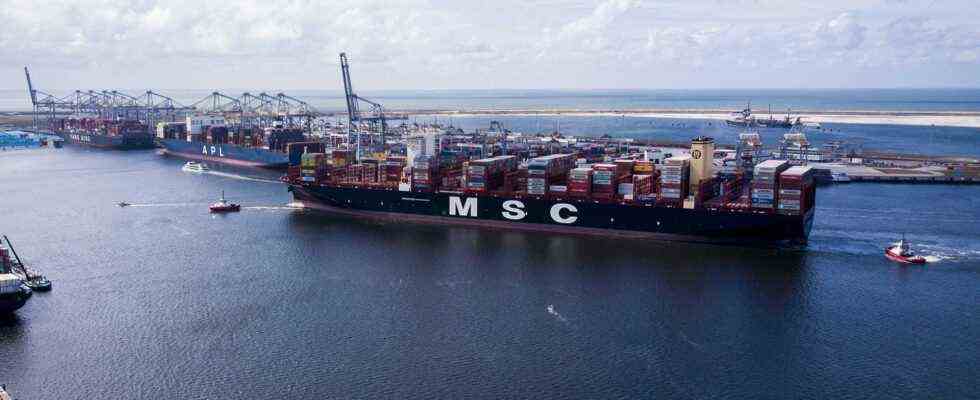Status: 11/24/2021 5:32 p.m.
The pandemic is picking up speed again – nevertheless, the EU Commission is cautiously optimistic about economic development. Brussels called on the euro countries to continue to rely on economic aid in 2022.
The EU Commission still sees a lot of shadow, but also a lot of light. The economy in the European Union is picking up noticeably, unemployment is falling, and in many countries the transformation towards a green and digital economy has begun, thanks in part to the billions in support from the joint Corona aid package. “It was an extraordinary time for everyone in Europe, at every level, but now our hard work to contain the effects of the pandemic is paying off,” said Commission Vice-President Valdis Dombrovskis. For this year, the Brussels authority is expecting economic growth of five percent.
It is still difficult for young professionals
The labor market is also recovering, but is not yet back to the level it was before the crisis. Young people and young professionals in particular were and are hard hit by the Corona crisis. Many have lost their jobs or have not found a job at all. Commission vice Dombrovskis assumes that “more jobs will disappear in the near future, but that many new ones will arise, especially in the green and digital areas of the future”.
For these professions, however, people also have to be trained accordingly, demands Social Affairs Commissioner Nicolas Schmit, pointing out that there is still a lot of room for improvement across Europe when it comes to further training. “Active labor market policy must be at the center of our work, with incentives for qualification measures and, where necessary, also for attitudes in order to dampen the negative consequences of the pandemic and to prepare us for the upcoming changes.”
Appeal to indebted member states
Many economic sectors will also continue to depend on state aid, which the EU Commission expressly supports, although countries such as Italy, Lithuania and Latvia have to reckon with warning letters from Brussels due to their rapidly increasing government spending and Spain, France, Belgium or Greece because of excessive mountains of debt be under observation.
Depending on their financial situation, the governments should stimulate the upswing with investments and use the funds from the EU reconstruction program for this, says Economic Commissioner Paolo Gentiloni. “However, the funding should be well dosed and above all go to companies with good future prospects that have come under pressure during the pandemic.”
Not yet out of the woods
Despite the current good economic outlook, the Commission is also convinced that Europe is still a long way from being over the top. Many imponderables and risks remain – for example rampant inflation, exploding rents and real estate prices or the supply problems in important supply chains. For example the global shortage of chips, which is not only a problem for the automotive industry.
In addition, the coronavirus is mutating and spreading, many countries are restricting public life again, which is also burdening the economy. Economic Commissioner Gentiloni believes, however, “that despite these possible dangers, this time it will not be as bad as the lockdowns a year ago”.
EU economy: Commission sees strong upswing and high risks
Stephan Ueberbach, ARD Brussels, 11/24/2021 5:09 p.m.

